A bell is made to produce such a distinct sound that it can make unity of your left and right brain. The moment you ring the worship bell, it produces sharp but lasting sound lasting for minimum seven seconds in echo mode. It is good enough to touch your seven healing centers or chakras placed in your body.
The moment bell sound is made; your brain becomes emptied of all thoughts. Invariably you enter a state of Trance where you feel very receptive. This Trance state is absolutely one with awareness. In your mind, you are so occupied that only way to awaken you is with a sweet shock of the gong of the bell. Worship bell works as anti-dote to the bleakness of your mind.
Before you enter your Puja ghar, to make you awake and prepare your awareness the bell is rung. Actually it is the real reason behind ringing the bell. In specific words ringing of bells during worship helps to wake your own self up. To an extent fragrant incense sticks, lighted lamps all form a special ecosystem to create extreme awareness. As an obvious result you find interest to call your Ista-dev mindfully and concentrate on your japa and meditation with heart-felt devotion. Here goes the utility of ringing the bell during worship.
But the worship bell is not always rung or should be rung. You may ring the worship bell during day time puja but the moment evening falls and you are ready for the evening worship, you cannot ring the worship bell as before. There comes a restriction. You may be interested to know why so? Here I am going to bring before you the reasons.
You know it quite well the bell or ghanta is an indispensable part of Hindu pujas. Ghanta is rung before the actual puja begins. A ghanta produces long sound ‘OM.’ The bell is rung in your worship room, during the aarti in front of the deity, while bathing the deity with specific rules and rituals and while offering food items called bhog to Him or Her.
The most common belief is that the bell is rung to invite the deity to accept the ardent worship and prayers. Another belief is that the ringing of the bell can drive away evil forces.
As we start the daily worship or Puja, we ring the bell, chanting:
Aagamaarthamtu devaanaam
gamanaarthamtu rakshasaam
Kurve ghantaaravam tatra
devataahvaahna lakshanam
The literal translation of the Sanskrit mantra is that I ring this bell to invoke the divinity, I do so because I want virtuous and noble forces intervene my home and heart. I want all the demonic and evil forces from within and without must depart along with the ringing of the bell.
But some think that it is not auspicious to ring a bell during evening worship. Why so? Though it is very hard to find the cause, it is believed that as auspicious things go on in the time of evening or after the sun set it is not usual to break the serene silence with the ringing of bells. Conch is blown during Sandhya. At every Hindu home the tradition of blowing conch in the evening is going on for ages. The conch is blown three times. It may be so that after blowing the conch it is not judicial to ring the bell to disturb the calmness of the evening that is just ready to dawn. Or there may be th cause that ascetics and gods re ready to take for the night time rest hence it is not ideal to disturb their initiation. Anyway, it is nothing but premonition; there is no rule to find.
During pujas aartis are done in the evening and ringing of bell is mandatory during the aarti of the deities. The priest or the pundit with a bell in hand goes on ringing for ritualistic aarti. Anyway, it is a matte of debate why ringing of bells is strictly prohibited during evening Puja rituals at home. Let us now discuss about some rules followed during worship.
How do you go on Worshipping a Deity?
Worshipping deities of your choice should be done daily without any break. The Puja should be done at your home twice a day, preferably in the morning and in the evening.
The Puja room at your home should have statues of gods and goddesses after your choice not more than 15 inches. One should not place deities bigger than these. There also go some restrictions that standing idols of Lord Ganeshji, Devi Saraswati, and Devi Lakshmi should not be placed at the Puja platform or altar.
Do not place 3 idols of the same god or goddess in your altar. Similarly, placing two shivlingas, two shaligram shilas, two Gomti chakras at one Puja place are prohibited.
The home Puja ghar should not have any wooden, or fiber idols that are gifted to you by some as show-pieces. Only the idols, which are worshipped by you daily, should be placed. Any broken idol should not be kept in the Puja ghar and the idols may be bathed respectfully in holy water.
Placing God’s clothes, accessories, books and other Puja items scattered here and there are not considered good. The Puja ghar at home should have a curtain in front of the door. Do not place photos of your parents or ancestors in the Puja room.
Hindu pundits are of opinion that the daily Puja is complete after you worship at least 5 Hindu gods. They also are termed as Panchdevta, of which one is your Ishta Devta. The 5 essential deities to be worshipped are Lord Surya, Lord Ganesha, Devi Durga, Lord Shiva, and Lord Vishnu.
Puja should always be done facing towards East or North. In no circumstances, the Puja is to be done facing the South. Again you should never sit placing your back towards the Hindu god-idols.
While performing Puja in the morning, a lamp with ghee must be lighted, while a lamp with oil should be placed in the Puja ghar in the evening. You must not light up a diya/ lamp with the help of another diya. It brings in various illnesses at your own home.
The prayers should never be uttered sitting on the floor. A puja mat, preferably woolen, should be spread for sitting.
Gangajal, used in Puja, should not be kept in the plastic, aluminum, or iron vessels. A copper vessel is considered ideal. Similarly, Chandan/ sandal wood paste, for tilak /vermillion, should not be kept in copper pots.
While worshipping any god or goddess, you should always donate something as Dakshina. If you want your wish to be fulfilled while donating, go for a resolution to quit any one of your bad habits. The faster you eliminate your negativity, the sooner your ultimate wish is sure to get fulfilled.
After the Puja is over, you should make 3 parikramas.
At the end of the aarti, with folded hands, the deities may be requested to accept the prayers, and any mistakes committed during the Puja may be pardoned. It is named as Shama Yachana or begging pardon.
For the Puja, what must be ensured?
• Durva grass is not offered to Devi Durga. It is only meant for Lord Ganesha. It should also not to be offered to Lord Ganesha on a Sunday.
• Water should not be poured from the divine conch (shankh) while you go for offering it to Surya Devta.
• The divine conch should only be blown during the Puja time.
• One should not pluck the leaves of Holy Tulasi without having a bath.
• You can offer lotus flower to Goddess Lakshmi.
• Never pour water under Peepal trees on Wednesday and Sunday.
• Ketaki flowers must not be offered to Lord Shiva.
• The flowers you want to offer to your beloved deities should be offered while keeping them on a copper plate rather than in the palms and then offer it to the deities.
Deities and Their respective Matras
Lord Shiva || Om Namah Shivaya ||
Lord Hanuman || Shree Hanumante Namah ||
Lord Ganesha || Om Gan Ganapataye Namaha ||
Lord Vishnu || Om Namo Bhagavate Vaasudevaay ||
Goddess Durga || Om Sri Durgaya Namah ||
Lord Shani || Om Shan Shanicharaya Namah ||
Lord Surya Dev || Om Shree Suryaya Namaha ||
Daily Mantra Japa Rituals
Mantra Japa is the process of repeating mantras keeping in mind the meaning of the chant. Mantra Japa is perfectly done using a strand of beaded mala called Japa mala prepared with Rudraksha, purple sandal, Holy Basil or Tulsi or sphatik/crystal beads. Chanting of mantra pacifies the fickle mind, improve sheer cognizance, awareness and allows obtaining peace of mind.
Perfect Hindu Rituals
It must be remembered that worshipping is not a game or just pastime. It is a pure process where dedication and devotion are mandatory. If you feel the urge from the mind go for daily Puja. If you think you are not feel like chanting mantras or going for the proper rituals, you are requested not to do so. Puja is nothing but a holy task

















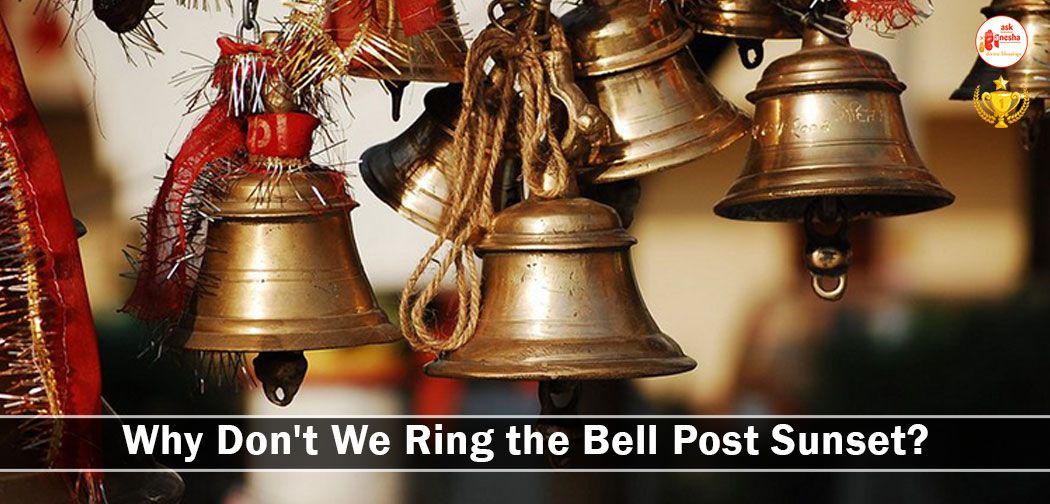
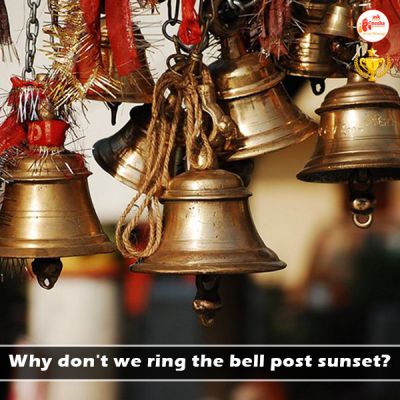

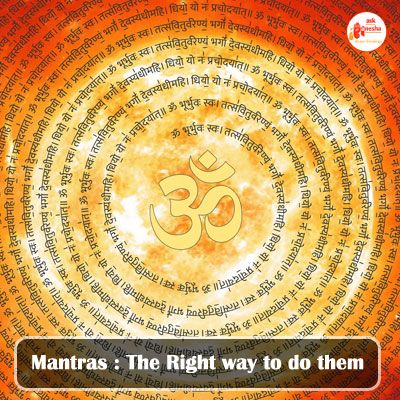
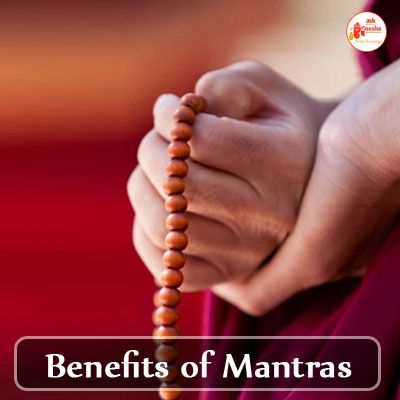
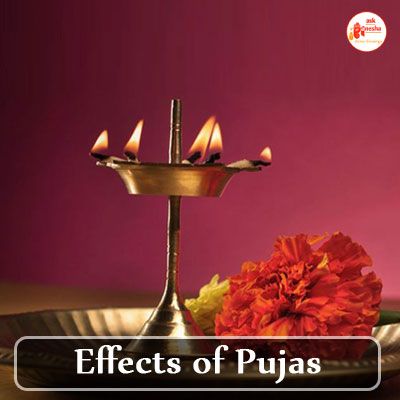

 Translate
Translate